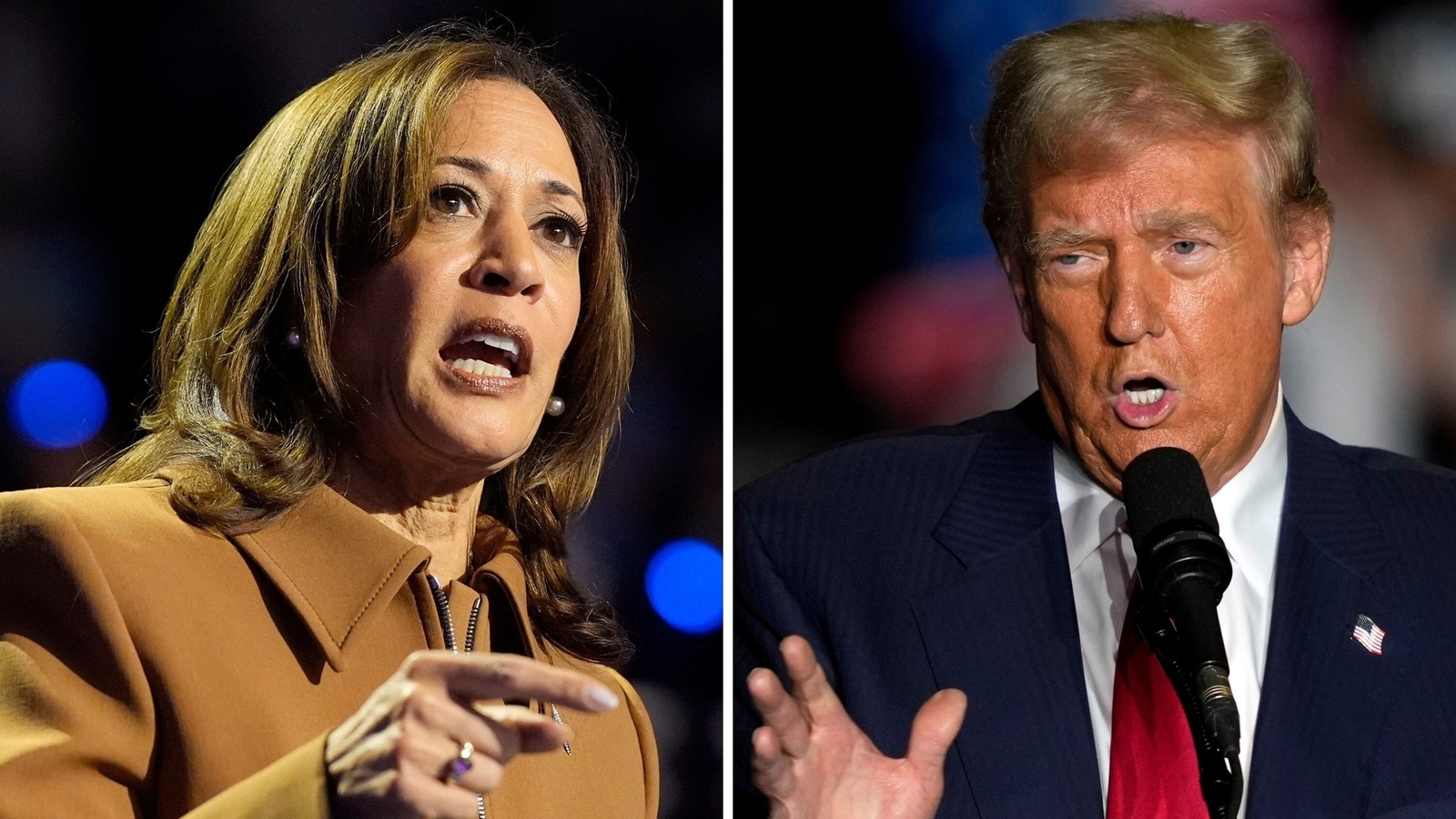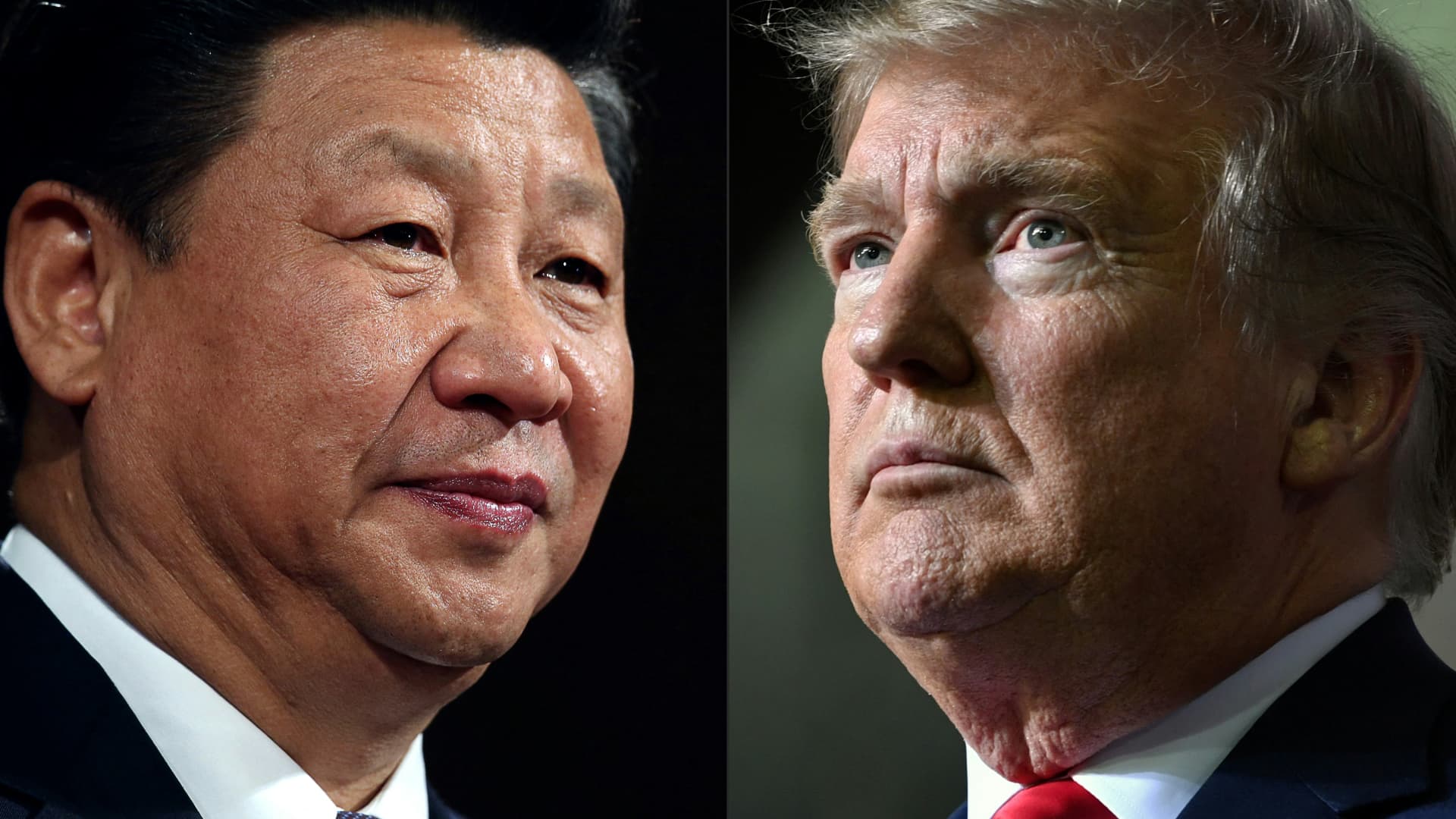US election 2024: As the highly anticipated US presidential election approaches, a closer look at the candidates’ climate change positions reveals stark differences.
Democratic candidate Kamala Harris has referred to climate change as an “existential threat,” although she is yet to present a comprehensive plan addressing environmental issues. In contrast, Republican candidate Donald Trump recently labelled climate change as “one of the greatest scams of all time,” showcasing his dismissive stance on the issue.
While Harris discusses the urgency of combating climate change, her specific strategies remain vague. Trump’s history of rolling back environmental regulations during his presidency further underscores his skepticism about climate action.
Here’s an in-depth analysis of the differing views on climate change held by Kamala Harris and Donald Trump
Donald Trump’s stance
Former President Donald Trump has announced plans to deepen his opposition to climate policy by reversing what he has termed the Biden administration’s “kamikaze climate regulations.” His strategy includes rescinding key greenhouse gas emissions restrictions from power plants and vehicles.
The New York Times reported that during his first term, Trump withdrew the United States from the Paris climate accord and reversed over 100 environmental regulations. After defeating Trump in 2020, President Biden promptly rejoined the Paris Agreement, a voluntary commitment among nearly 200 nations to mitigate climate change.
In Trump’s view, however, the Paris accord is nothing more than “a rip-off,” and he told NBC News he would abandon these measures “so fast your head will spin” if re-elected.
According to The Week, Trump, while occasionally acknowledging climate change, generally adheres to the Republican view that questions either its existence, human causation, or the economic feasibility of addressing it through clean energy.
The Guardian also highlighted that Trump continues to attract support from the fossil fuel sector, sparking concerns among environmentalists who believe he would dismantle flood protections and other climate policies if he secures a return to office.
In September, just hours before Hurricane Helene struck Florida’s Big Bend region as a powerful Category 4 storm, Trump suggested that nuclear “warming” rather than climate change is “the warming that you’re going to have to be very careful with.”
After the hurricane, he downplayed it as a “little hurricane” and said the storm caused people to leave his rallies early. In a subsequent speech, he criticized global warming as “one of the great scams of all time.” Environmental advocates, including Brett Hartl from the Center for Biological Diversity Action Fund, reacted sharply, with Hartl stating it is “obscene that communities … are suffering and dying from the reality of the climate emergency while Donald Trump denies that it even exists.”
Further complicating matters, a preliminary study by Lawrence Berkeley National Laboratory, published shortly after the storm, found that climate change was likely responsible for increasing rainfall by 50% during Hurricane Helene in parts of Georgia and the Carolinas.
Kamala Harris’ stance
According to The Washington Post, Vice President Kamala Harris has labelled climate change as an existential threat, emphasising the urgent need for the United States to take decisive action against it.
As California’s attorney general, she held oil companies accountable for environmental infractions. As vice president, she played a crucial role in the Senate, casting the tie-breaking vote for the Inflation Reduction Act, which allocates approximately $370 billion to achieve a 40% reduction in greenhouse gas emissions from 2005 levels by the end of this decade.
Harris has highlighted the US’s need to combat climate change amid increasing instances of drought, flooding, hurricanes, wildfires, and rising sea levels.
In 2022, she announced over $1 billion in grants to help states tackle flooding and extreme heat exacerbated by climate change. She said, “The frequency has accelerated in a relatively short period. The science is clear. Extreme weather will only get worse, and the climate crisis will only accelerate.”
Harris aims to halve greenhouse gas emissions by 2030.
In 2019, her climate plan called for combining government intervention and market strategies to address global warming.
A proponent of electric vehicles, she previously supported a national zero-emissions vehicle standard and visited Detroit in May to announce federal grants aimed at supporting smaller companies in the electric vehicle parts sector.











